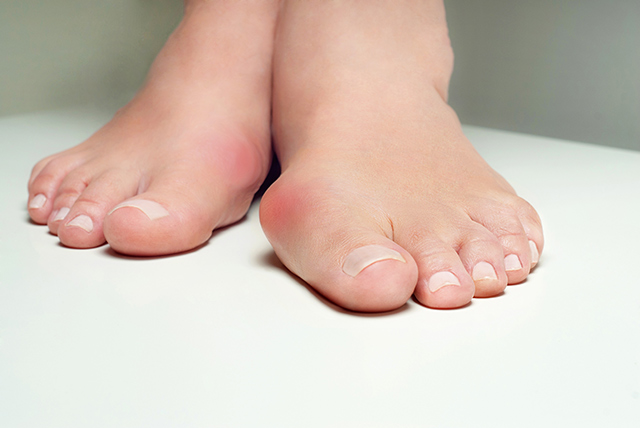Every hour of lost sleep leads to this much body mass index increase
10/13/2015 / By Michael Bundrant

For those of us who have a teenager in our lives, we see them stay up very late, which leads to sleeping in, and then they become either tired or they resort to napping throughout the day. Researchers are now discovering that the time that they fall asleep at night actually has an effect on their weight.
A new study done at the University of California, Berkeley, analyzed longitudinal data from a nationally representative cohort of more than 3,300 youths and adults, and found that for every hour of sleep they lost, they gained 2.1 points on the BMI index. This gain occurred roughly over a five-year period.
“These results highlight adolescent bedtimes, not just total sleep time, as a potential target for weight management during the transition to adulthood,” said Lauren Asarnow, lead author of the study and a doctoral student in UC Berkeley’s Golden Bear Sleep and Mood Research Clinic.
Results were published in the journal Sleep.
According to the National Sleep Foundation, teenagers over the age of 14 require 8-10 hours of sleep each night, while young adults over the age of 20 need 7-9 hours of sleep respectively.
Choosing to stay awake until late hours of night seems to remarkably enhance their propensity to gain more weight in contrast with similar age groups that subscribe to an early and more consistent bedtime routine.
Sleep obviously isn’t the only factor involved when it comes to teen obesity, though many believe that sleep deprivation may lead to problems with weight. Surveys showed that teens who stayed up late also tend to eat food with higher fat and sugar content.
So, if you’re battling obesity in your teen, these are some of the things you might want to focus on. The results of the study thus suggest that adolescents who go to bed earlier will “set their weight on a healthier course as they emerge into adulthood,” Asarnow said.
Source:
Tagged Under:




















